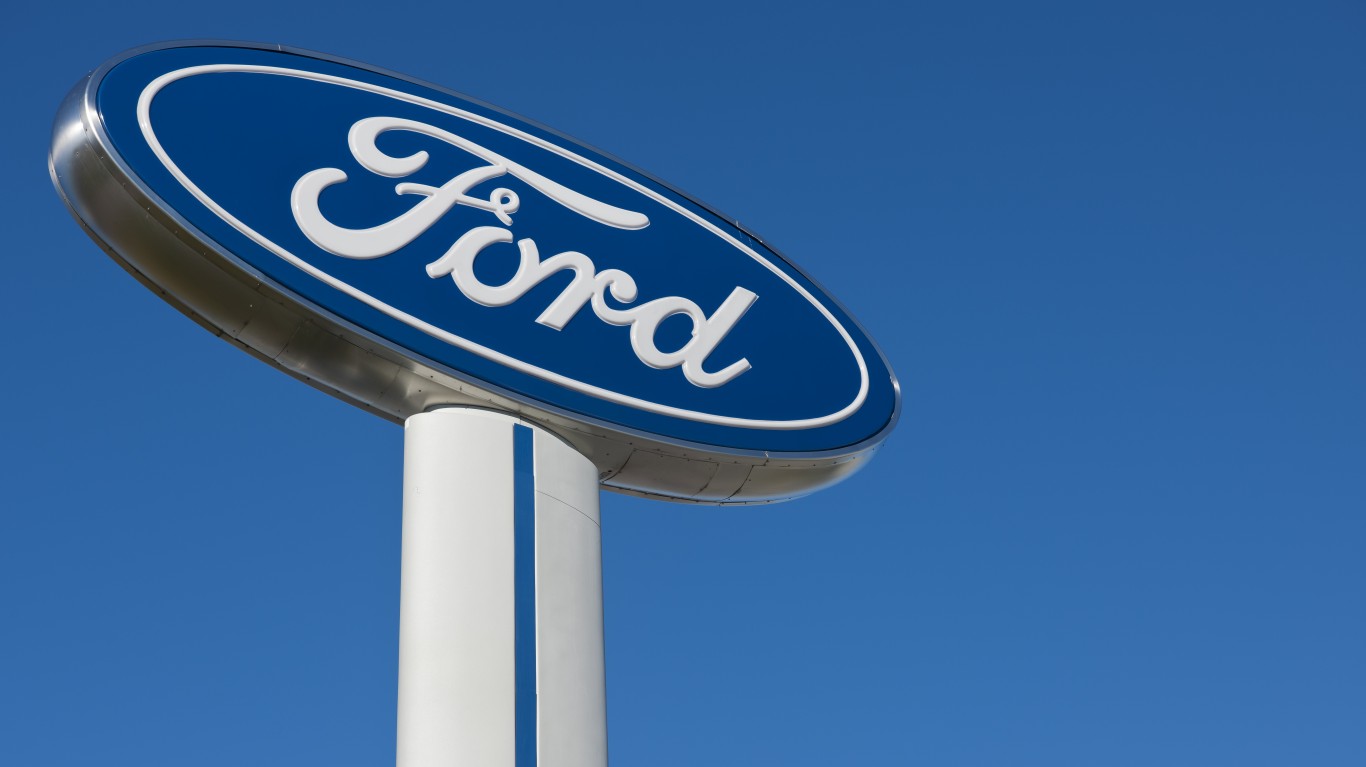 Nissan and Toyota (NYSE: TM), two of Japan’s largest car companies, reported better than expected quarterly earnings and posted solid forecasts. Europe-based Opel, part of General Motors (NYSE: GM), continues to struggle with huge losses. The differences are not just due to the locations of the companies and the weakness of the Europe economy. Labor issues, nearly as old as the car industry itself, create a great divide between auto manufacturer successes and failures.
Nissan and Toyota (NYSE: TM), two of Japan’s largest car companies, reported better than expected quarterly earnings and posted solid forecasts. Europe-based Opel, part of General Motors (NYSE: GM), continues to struggle with huge losses. The differences are not just due to the locations of the companies and the weakness of the Europe economy. Labor issues, nearly as old as the car industry itself, create a great divide between auto manufacturer successes and failures.
Nissan reported a strong fiscal third quarter. Profits rose 4% to $1.54 billion. The firm sold 1.2 billion cars and light trucks, up almost 20% from the same period last year. Just one day earlier, Toyota said its earnings for the quarter were higher than expected. Just ahead of its earnings announcement, it raised its full-year forecast for sales to 9.58 million vehicles for the fiscal year. That will put it on a path to reclaim the global sales lead from GM and Volkswagen.
In Europe, Opel has set a collision course with unions, particularly in Germany. Opel has lost $13 billion since 1999. GM says it will restructure the entire unit, this as car sales across the region falter. The region’s large car union is allowed to appoint several members to the Opel board. They will give one of those seats to Bob King, the head of the U.S.-based United Auto Workers, which is a sign they are ready to strike.
Nissan and Toyota have had nearly no labor problems, particularly in the regions that matter most to them: the U.S. and China. The car industry battles with the UAW were largely won by the large manufacturers during the recession as GM and Chrysler went into Chapter 11 and the balance of the industry incurred huge losses. The relationship between the Big Three and the UAW actually have improved as the companies have paid bonuses to workers because of a profit recovery.
Opel remains caught in the jaws of an old business model. Labor has a substantial say in the operations of many of Europe’s car companies. But most of those firms, which include BMW, Mercedes and VW, have large sales bases outside Europe. Opel does not.
Opel’s near-term future will be determined by whether it can build a bridge to the new car manufacturing system. It is one in which union workers will lose jobs. But the jobs of those who remain will be relatively secure, because a restructuring will bring down the breakeven point of sales needed to make a profit. Without such a deal, Opel will continue to lose money. Large strikes against the company will make that worse and actually could cause the number of jobs eventually cut to soar. Opel does not have much to lose while it remains pressured by huge losses.
Douglas A. McIntyre
Are You Still Paying With a Debit Card?
The average American spends $17,274 on debit cards a year, and it’s a HUGE mistake. First, debit cards don’t have the same fraud protections as credit cards. Once your money is gone, it’s gone. But more importantly you can actually get something back from this spending every time you swipe.
Issuers are handing out wild bonuses right now. With some you can earn up to 5% back on every purchase. That’s like getting a 5% discount on everything you buy!
Our top pick is kind of hard to imagine. Not only does it pay up to 5% back, it also includes a $200 cash back reward in the first six months, a 0% intro APR, and…. $0 annual fee. It’s quite literally free money for any one that uses a card regularly. Click here to learn more!
Flywheel Publishing has partnered with CardRatings to provide coverage of credit card products. Flywheel Publishing and CardRatings may receive a commission from card issuers.
Thank you for reading! Have some feedback for us?
Contact the 24/7 Wall St. editorial team.




